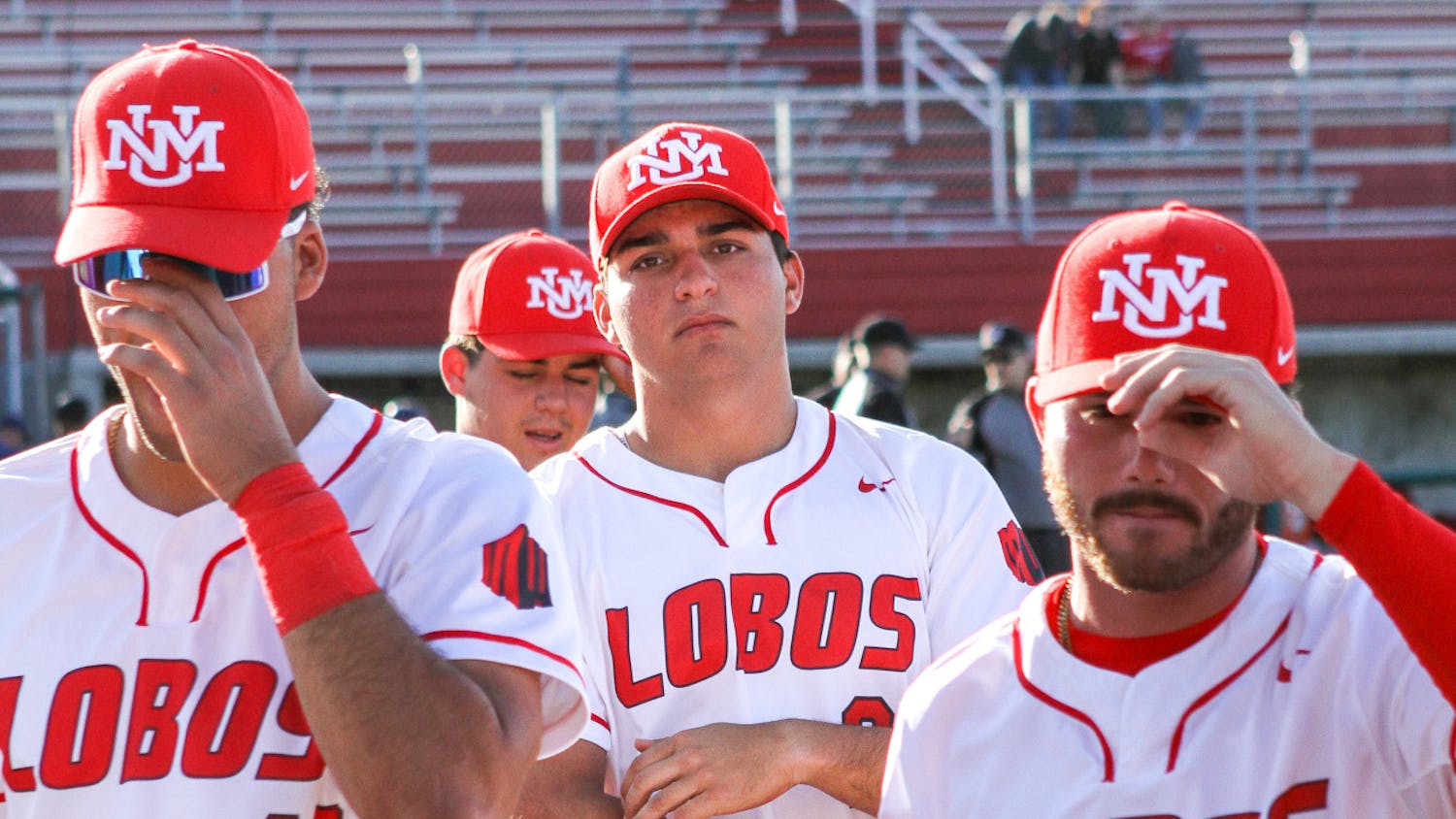As part of The Mind Research Network’s concussion study following UNM athletes, Brain Safe Project researchers have advised additional medical care and brain testing for at least 29 Lobo athletes after “incidental findings” were reported in their MRI scans.
So far the research conducted by the scientists has yielded some interesting results. The researchers claim that 56 percent of the 260 athletes who have been tested have abnormalities, referred to as incidental findings.
“The vast majority of these incidental findings are benign issues like sinus problems, enlarged glands and cysts of no medical significance,” said Dr Kent Kiehl, UNM professor and executive science officer of the Mind Research Network. He added that some problems could be as critical as a brain tumor.
As part of the contract with the University, the organization performs comprehensive brain health checkups of all athletes at the beginning of the school year. If an athlete gets a concussion at any point during the year, he or she returns to the institution for MRI scans to determine whether there are any relevant changes to help players and coaches make decisions during play.
So far, the program is focused on athletes involved in contact sports. The researchers are scanning the brains of men’s basketball, football, soccer, diving and baseball players, as well as athletes from the women’s basketball, volleyball, soccer, and diving teams, and men and women from the UNM cheer squad.
Kiehl was the primary scientist involved in creating and implementing the program with the university. Many members of his research team include established researchers in the fields of neuroscience, psychology and electrical and computer engineering.
“The director of athletics and the team doctors were all really excited about the project and provided us access to athletes across seven different teams,” Kiehl said.
Kiehl explained that the brain scans have not yet been used specifically to make playing decisions.
“Based on our scans, we have not yet advised anyone to leave the sport he is in,” he said.
The researchers are now planning to export this program to other universities as well.
“We are potentially interested in offering the program to other schools,” Kiehl said. “Someday we might be able to offer it to parents whose kids are participating in the contact sports.”
The Centers for Disease Control has estimated that there were approximately 300,000 sports-related traumatic brain injuries across the country in 2006. These numbers only include those who lost consciousness, accounting for only 10 to 20 percent of total sports-related traumatic brain injuries.
Get content from The Daily Lobo delivered to your inbox
Researchers are now focusing on mild traumatic brain injuries resulting from everyday contact but not resulting in concussions.
Sayyed Shah is assistant news editor at the Daily Lobo. He can be contacted at news@dailylobo.com or on Twitter @mianfawadshah.





